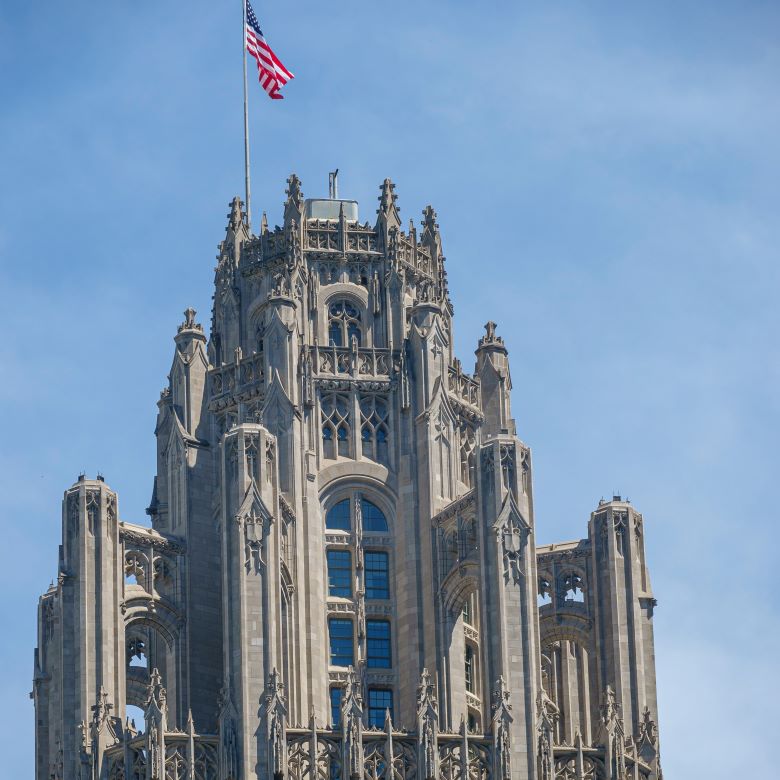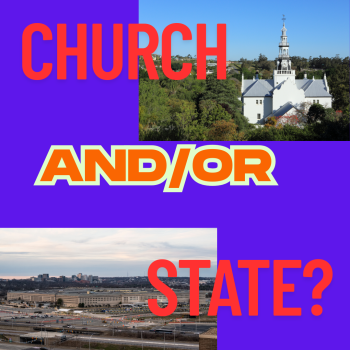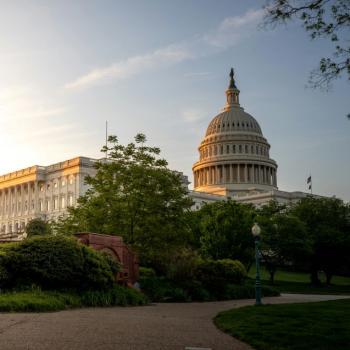The Pew Research Center recently surveyed whether people in other countries view the U.S. as more religious than other wealthy nations. This statement surprised me: “A modest share of people around the world see the United States as more religious than other wealthy nations – despite considerable evidence that it is.” Most citizens in other countries likely form their impression of American religiosity from the headlines they read. They cannot follow people as they worship nor look into their hearts. Why might news headlines suggest that the US is not more religious than other wealthy nations?

Violence and Religion
A country that appears to value guns over human lives might not appear religious. There are more violent deaths in the U.S. than in many other wealthy nations. Peace is a goal of many traditions.
Economic Disparity and Religion
The gap between rich people and poor people continues to grow in the U.S. A small percentage of Americans have extravagant lifestyles while many barely stay afloat and still others lack basics such as housing, food, and safety. In Christianity, the “prosperity gospel” and similar beliefs obscure Jesus’ teaching about the danger of excess possessions. Most religious traditions believe in the importance of giving to people who are more vulnerable. While many people of faith follow this practice, the structures that sustain inequality remain.
Lying and Religion
Integrity is a characteristic of religious people. Telling lies is not. Many powerful people have made false statements about the outcome of the 2020 election. Outrageous claims are everyday news.
Racism, Discrimination and Religion
News about police violence , protests, and watering down the country’s history of slavery in Florida illustrates that racism remains a divisive issue. Most religious traditions do not exclude race when they talk about the importance of respecting others.
Love and Respect
Racism, homophobia, sexism, violence, and economic inequality may not look like religiosity. Welcoming others, respecting differences, promoting peace over violence, and helping others financially are hallmarks of religious traditions. These efforts are not absent in the United States but they are certainly not making headlines.
Church and State
Christianity is the religion most widely practiced in the United States. Of late, additional fissures have grown within this faith tradition. Christian nationalism has likely caught the attention of at least some people in other countries. Creating a nation that is run according to certain biblical laws rather than a democracy imposes values on people rather than offering them choices.

Possible Questions
I do not doubt that people in the United States believe in and practice religion. When it comes to the information that filters out to people in foreign countries, however, they likely have some questions.
- If you have problems with violence, why not curb the availability of guns?
- If you have few rich people and many poor people, why not change the tax code?
- If integrity and honesty are religious values, why give attention to politicians who chronically lie?
- If you belong to faith traditions that promote respect, why not work with greater vigor to lessen racism and other forms of discrimination?
- If you are religious, why is your behavior at odds with the most important aspects of your religious traditions?
I look at the United States based on the headlines that likely reach other countries. Although many Americans say that they are religious, people in many other countries do not see what people do in their places of worship. Instead, they read headlines. I believe that many headlines in the United States suggest that the country is as religious or less religious than other wealthy countries.
















